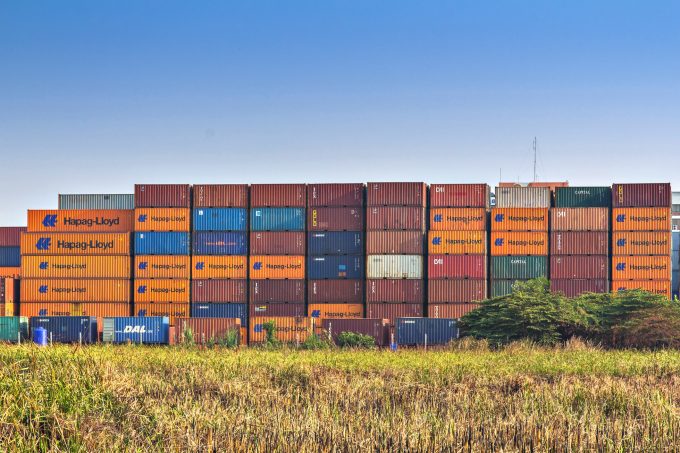Temporary tariff relief brings on early transpacific peak season
The container peak season on the transpacific trade could start as early as today – ...

The Global Shippers’ Forum (GSF) has warned that the “biggest issue since VGM [container weighing]” is on the cards.
This week GSF met with the International Plant Protection Convention (IPPC) in Arizona. IPPC is investigating concerns that parasites and other invasive species are being spread globally on ...
CMA CGM South Korean staff strike over bonuses after bumper 2024 profit
'Another painful headache for shippers' as Asia-N Europe rate rally ends
Amazon Air Cargo partners-up for new transpacific route into the US
MSC switches two more Asia-Europe port calls from congested Antwerp
Ports and supply chain operators weigh in on funding for CPB
Nightmare for Bangladeshi exporters as congestion and tariffs bite
Carriers introduce surcharges as congestion builds at African ports
CMA airline returns two freighters, while ANA takeover of NCA looms

Comment on this article
Paul Nicholson
October 25, 2018 at 6:36 amAn interesting read , at least on a vessel or aircraft there is some sort of “containment” , but with the rail- Silk Road rail movements , how many countries do the containers pass through on rail ? and how many potential “pick up & drop off “ for bugs?
James Hookham
October 25, 2018 at 5:01 pmGreat point, Paul. Thanks for the comment. Agree Silk Road opens a whole new frontier! Contamination left inside the container (and truck) is as big a concern so we need container packers and hauliers to ‘Think Bug’ and take responsibility.